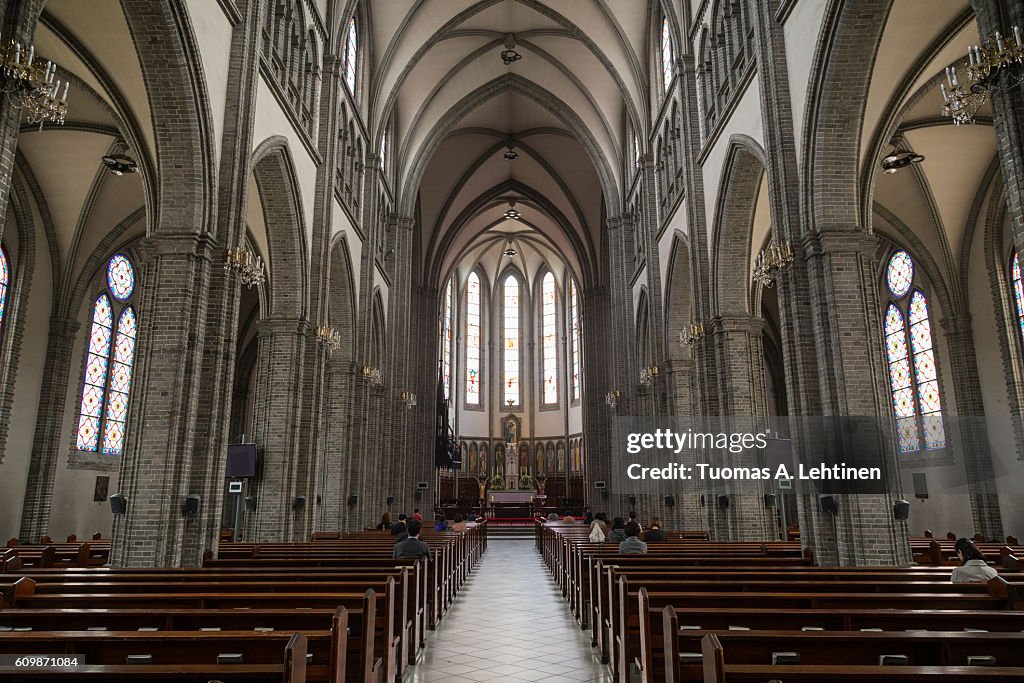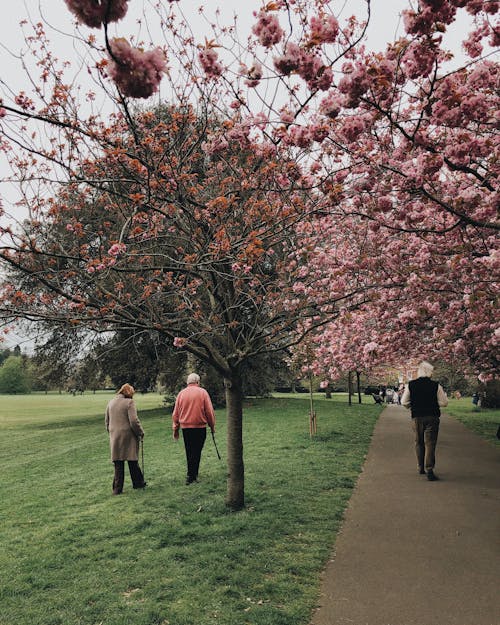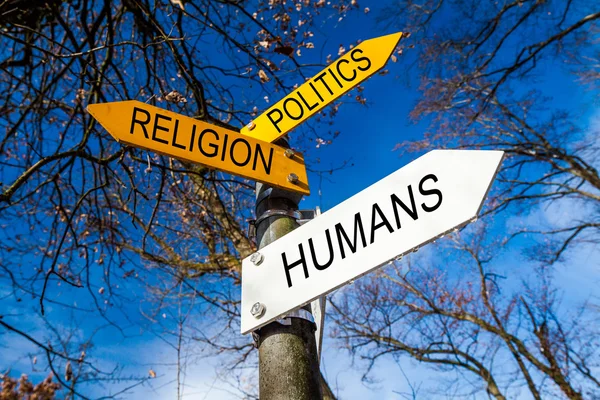
Although the birth rate has decreased and the school-age population has decreased, the number of believers has decreased even more sharply. The situation in seminaries is critical. Six Catholic seminaries across the country, are not even able to fill their quotas. Across the country, only 93 persons have enrolled in seminaries. Considering the number of people who drop out, the future of the Korean Catholic Church looks bleak.
Until the 1970s, the Korean church was dynamic. People gathered, and the church expanded. Young people lined up to go to seminaries. The decisive reason was that the Korean Catholic Church seemed to be thriving. As emphasized by Pope Francis, the church played the role of a "field hospital." Bishops and priests had to listen to all kinds of complaints and try to find solutions.
Nowadays, there are many regrets. Most bishops tend to be faithful to their managerial roles. Some bishops' abilities are even evaluated like business managers. The apostolic groups that illuminated the church's identity have become sluggish and have been pushed to the periphery. The Catholic Labor Youth Association, the Catholic Farmers' Association, and the Catholic Urban Poor Association are examples.
Is that why the lives of bishops and priests are also not the same as before? More and more people enjoy delicious food and play golf. For bishops and priests playing golf has become a common hobby.
Many problems can be solved if bishops and priests change their attitude toward life. Rather than eating and drinking good food and playing golf, being zealous and putting your energy into truly carrying out the Lord's word and putting it into practice is necessary. If you live like that, no one won't follow you. The situation in which the Catholic Church in Korea has to worry about is the sharp decline in the number of vocations which calls for our repentance.
Just like the song the columnist sang when he was 20 years old, he has to confess and repent not lived up to his resolutions of the past. If we don't change now, we may face a more serious crisis in the future. Even today, believers will continue to pray for Vocations. Let us remember how the prayer ends: "Let us serve the church, the body of the Lord, and devote ourselves to our neighbors who desperately needs help and love."





